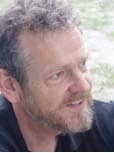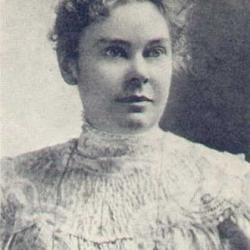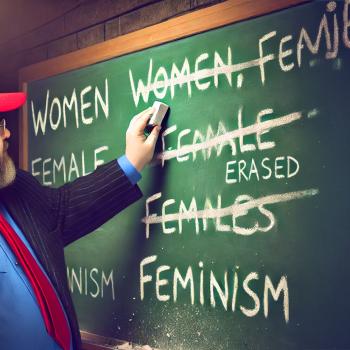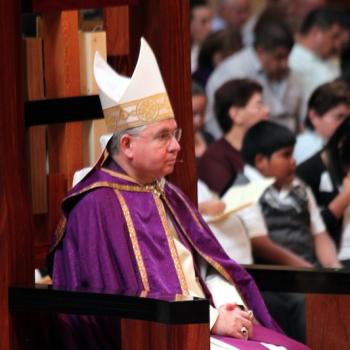Religion/Science is You
In the old days, religion/science debates were the domain of specialists, an educated elite. As universities have become increasingly specialized, "big questions" of this sort have begun to disappear. At the same time, blogs and other online resources are reaching huge numbers of educated, thinking people around the world. Today, I suggest, religion/science is not what the experts do. Religion/science is you.
This new paradigm changes everything. What impact do scientific developments have on the practice of religion today? Well, whatever impact you (and you and you and you) give them. If ordinary Christians think that the Bible implies that science is wrong and they should therefore reject it, Christianity (as practiced) and science become incompatible. If you think that religion and science are strictly separate, so that the conclusions of one don't affect the practice of the other, and if enough of your co-religionists feel the same way, that then becomes the response of your religion. By contrast, if you think that (say) Christianity today can and should respond positively to new scientific discoveries about the cosmos and our place in it, then Christianity will naturally evolve until it becomes consistent with science.
So let me close with an exhortation: think about these issues! Give up on the dream that they can be delegated to experts. The Really Big questions belong to all persons who think deeply about the nature of their own existence. Engage in discussions with friends. Read books. Blog and comment on blogs. Ask your pastor, rabbi, and other religious leaders to engage the questions, not flee from them.
What will happen? More and more religious people will begin to hold their beliefs in an open-minded manner, recognizing human fallibility and the continuing need for divine grace. Remind people that theology is semper reformans, always reforming . . . and always in need of reformation.
No one person has a corner on the truth. But neither is religion just a matter of "everything's relative." In the beautiful space between these extremes, in the adventure of the ever-advancing frontiers of knowledge, lies the heart of the religion/science debate.
Read more responses to the religion-science debate at the Faith Forward blog at the Mainline Protestant Portal.

Philip Clayton, Ingraham Professor at Claremont School of Theology, is primarily known for his work in constructive theology and the religion-science debate. He is the author or editor of 18 books and over 100 articles, most recently The Oxford Handbook of Religion and Science, Adventures in the Spirit, In Quest of Freedom, and Transforming Christian Theology. His blog is Clayton's Emergings.




